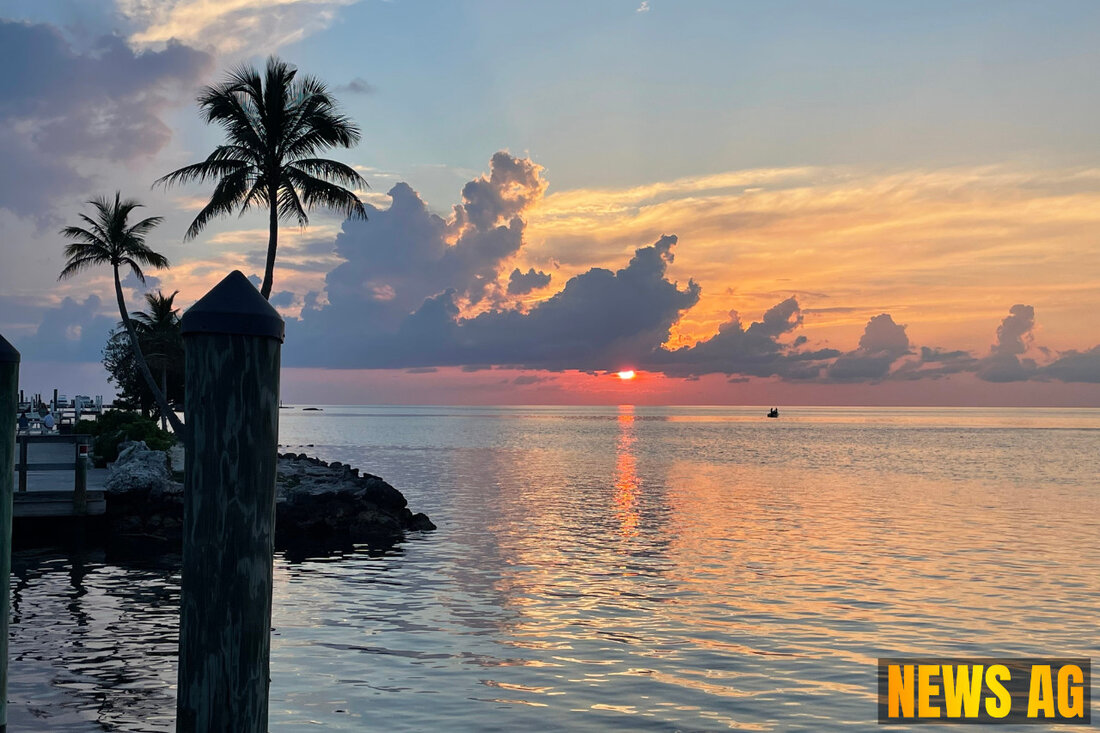Dengue Alarm: Brevard Reports First Locally Acquired Cases!
Lafayette County faces a dengue alert as Brevard County reports new locally acquired cases; explore mosquito control efforts and health advice.

Dengue Alarm: Brevard Reports First Locally Acquired Cases!
On August 14, 2025, Brevard County finds itself grappling with the unsettling news of two newly confirmed locally acquired dengue fever cases. This brings the total number of local cases to eight, which has heightened concerns among health officials and residents alike. The recent spike in dengue cases is particularly alarming given the nature of the disease, often dubbed „breakbone fever“ for the severe pain it can inflict.
Dengue, primarily spread by Aedes aegypti mosquitoes, typically presents with flu-like symptoms, including fever, severe muscle and joint pain, and sometimes a rash. While many cases are mild, a significant risk remains, as about 1 in 20 cases can escalate to severe dengue, which can lead to shock, internal bleeding, and even death. The Florida Department of Health has put Brevard County under a mosquito-borne illness alert because of these increasing cases, and officials are urging the community to take preventative measures.
The Role of Mosquitofish
In response to the escalating situation, Brevard County Mosquito Control has ramped up its efforts. Notably, the agency has been raising mosquitofish since 2019, a strategy aimed at curbing mosquito populations. These little swimmers, scientifically known as Gambusia affinis, are particularly effective at consuming mosquito larvae, thus reducing the chances of outbreaks. Despite their small size—females max out at 7 cm while males are even smaller—they play a crucial role in biological control.
However, while mosquitofish do a good deal in the fight against mosquitoes, it’s essential to consider the broader ecological impacts. The introduction of these fish into non-native environments has sometimes led to disruptions in local ecosystems, a concern echoed by conservationists worldwide. As attractive as they may be for mosquito control, mosquitofish have gained notoriety as a potential pest in some regions, particularly in Australia, where their introduction has caused harm to native species.
For residents keen to contribute to the cause, Brevard County Mosquito Control offers mosquitofish free of charge. But that’s not all residents can do; eliminating any standing water around homes is a simple yet effective method to thwart mosquito breeding. It seems that every little bit helps in keeping these pesky insects at bay.
Wider Concerns and Alerts
As the situation unfolds in Brevard, it’s worth noting that neighboring Escambia and Miami-Dade counties are also under mosquito-borne illness alerts. Lafayette and St. Johns counties remain under advisories, but the vigilance of the public is crucial to control the potential spread of diseases like dengue.
The Florida Department of Health reported not only the two locally acquired cases for the week of August 3-9 but also confirmed two additional travel-related cases in Brevard and two more in Miami-Dade County. The urgency of the matter cannot be overstated, as approximately 25% of those infected will show signs of illness within a 15-day window post-bite, illustrating the tight timeframe for preventive actions.
As Brevard County continues to address these health challenges, the mosquito control methods employed—including sentinel chickens, spray trucks, drones, and even helicopters—show just how comprehensive these efforts must be. Community awareness and participation in mosquito control strategies are essential, and Brevard County Mosquito Control remains a vital resource for those looking to mitigate these risks.
This latest dengue situation reminds us that nature’s delicate balance is easily disrupted but can also be managed with the right knowledge and tools. Let’s keep an eye on this evolving issue and prioritize both our health and our environment.

 Suche
Suche
 Mein Konto
Mein Konto